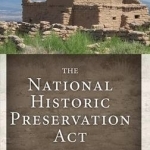
National Historic Preservation Act: Past, Present, and Future
Kimball M. Banks and Anne M. Scott
Book
Assessing fifty years of the National Historic Preservation Act (NHPA), passed in 1966, this volume...

Madhur Jaffrey's Curry Nation
Book
Madhur Jaffrey, television's most-loved Indian cook, returned to our screens for a major new series...
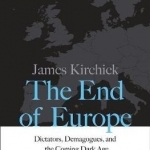
The End of Europe: Dictators, Demagogues, and the Coming Dark Age
Book
Once the world's bastion of liberal, democratic values, Europe is now having to confront demons it...

Big Little House: Small Houses Designed by Architects
Book
What are the challenges architects face when designing dwelling spaces of a limited size? And what...

Our Energy Future: Introduction to Renewable Energy and Biofuels
Carla S. Jones and Stephen P. Mayfield
Book
Our Energy Future is an introductory textbook for the study of energy production, alternative and...
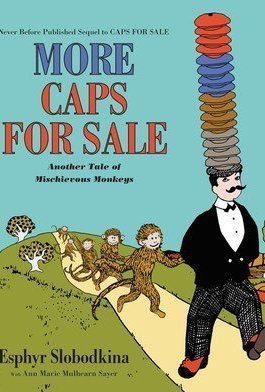
More Caps for Sale
Esphyr Slobodkina and Ann Marie Mulhearn Sayer
Book
Celebrate the 75th anniversary of the perennial favorite Caps for Sale with this...
Hazel (2934 KP) rated We Fly Beneath the Stars [Audiobook] in Books
Dec 4, 2022
The book follows the lives of Nadia and Tasha, sisters who join the Russian Airforce during World War II and who become fighter pilots in the much-feared by the Germans and all-female squadron known as "The Night Witches."
Given inferior equipment and less training than their male counterparts as well as having to put up with their harassment all whilst trying to stay alive and get back safely following their night sorties over the advancing German army; this is a story of tremendous bravery however it also a tale of sibling rivalry, love, loss and choices.
The narrator, Lauryn Allman, was excellent; her voice totally immersed me into the story; one of the best I have come across so far and my thanks to Bookouture and NetGalley for enabling me to listen to and share my thoughts of We Fly Beneath the Stars.
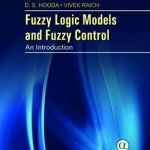
Fuzzy Logic Models and Fuzzy Control: An Introduction
Book
Fuzzy Logic Models and Fuzzy Control: An Introduction provides basic and concrete concepts of fuzzy...

Stress and Epigenetics in Suicide
Book
Stress and Epigenetics in Suicidediscusses the central role of epigenetic modifications in suicidal...
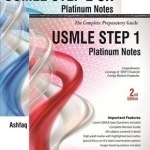
USMLE Platinum Notes Step 1: Step 1
Book
USMLE Platinum Notes Step 1 and USMLE Platinum Notes Step 2 CK are the latest editions of these...
![We Fly Beneath the Stars [Audiobook]](/uploads/profile_image/802/80aa1332-831c-401a-87dd-f91c5a08d802.jpg?m=1670160938)